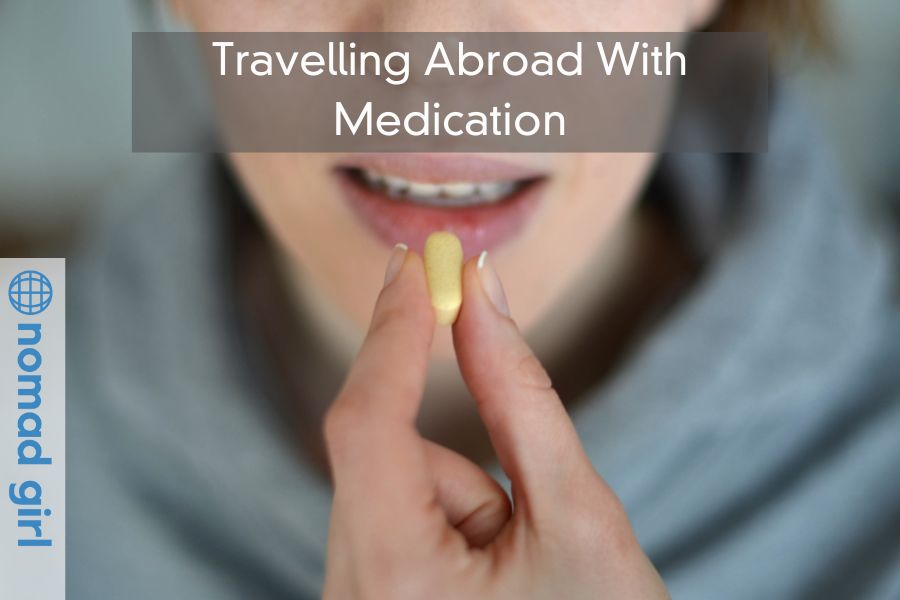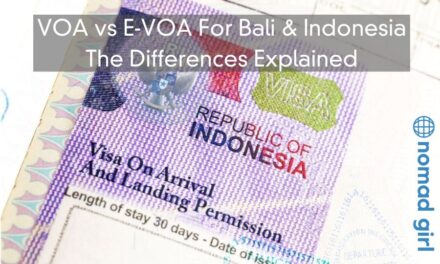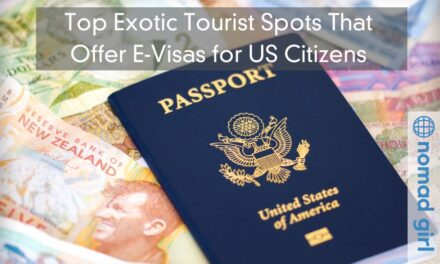We’ve all seen the headlines. The horror of young, unsuspecting travellers finding themselves arrested and incarcerated for accidental drug offences. The stories are etched in our minds and even feature in well-known movies – from Bridget Jones falling victim to an accidental cocaine bust in Thailand to Billy Hayes’ stint in a Turkish jail in the classic Moonlight Express. Being pulled over at customs for unwittingly smuggling illegal substances in your suitcase – all thanks to some over-enthusiastic medical supplies – is a nerve-wracking, if not terrifying prospect.
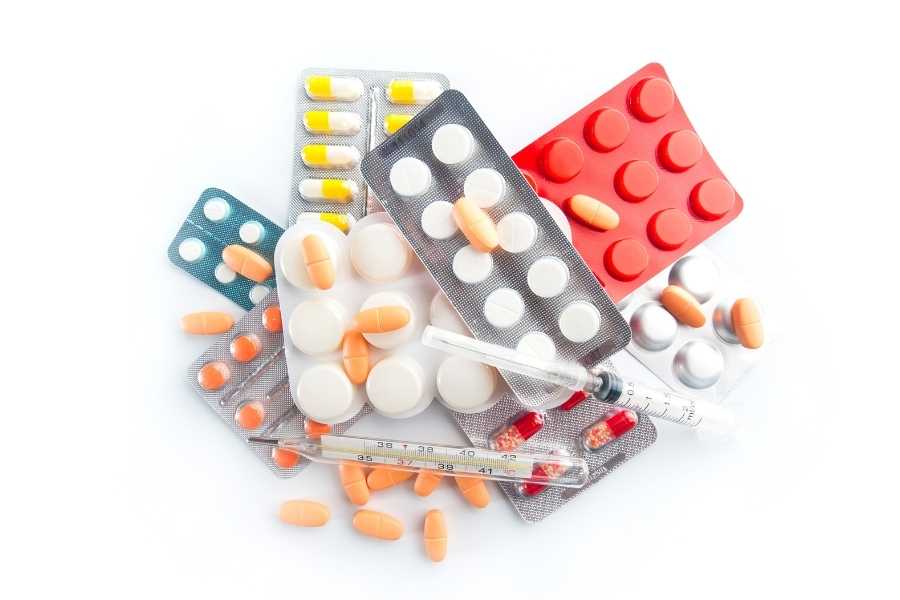
No one wants to spend 50 years in a southeast Asian jail for paracetamol. So it’s no wonder we feel nervous about travelling with drugs. We’re not talking class-A narcotics – obviously. This is a question of the legality of prescription medicine. Is it risky to fly with a month’s worth of medicine in your bag? Different countries have different rules about drugs, so how do you know that what’s legal here might not be a major crime over there? It sounds dramatic – could you really be locked up for carrying Aspirin? But different laws apply and it’s best to know them before you depart.
You’re probably thinking: if only there was a hard and fast rule. No such luck. Understanding the regulations surrounding international drug law is not a simple as a quick Google.
Firstly, you have the question of what type of drug your particular medicine is defined as. Is it technically a narcotic or psychotropic? These are the two substances controlled by international laws – because both types affect the Central Nervous System and both have the potential to be abused. The International Narcotics Control Board (INCB) has this to say:
- Travellers can carry only carry quantities of narcotics and psychotropics that are clearly for personal use, and for personal use for one month alone
- Travellers need a letter or prescription from their doctor if they travel with a narcotic substance
So, what exactly is a narcotic? Essentially, it’s any substance that blunts the senses. We’re talking opium, morphine, codeine and so on. Meanwhile, psychotropics are those drugs that cause alterations in your perception of the world, or your behaviour and mood. This includes drugs for mental disorders like depression and anxiety.
But, while this all seems straightforward, the water then starts to become a little muddy. Different countries have different ideas about what counts as a narcotic or psychotropic. Is an antihistamine a narcotic because it makes you drowsy? What about those drugs used to treat epilepsy or Parkinson’s? These medicines also affect the Central Nervous System so are they problematic?
And while the INCB is responsible for international drug control, they don’t have comprehensive information about each individual country’s unique regulations. While some countries have submitted rules to the board, others haven’t, or have done so in a language that doesn’t exactly make for easy reading.
You can see how it all starts to become a little bit messy and confused. So, what can you do?
Pills

Well, firstly, be aware of those countries whose regulations are stricter than others. These destinations have special rules for the following medicines:
- India: ADHD medication and codeine
- Japan: products that contain stimulants (medicines that contain Pseudoephedrine, such as Actifed, Sudafed, and Vicks inhalers), or Codeine are prohibited if they contain more than the permitted quantity of stimulant raw materials. Adderall is also prohibited.
- United Arab Emirates: Codeine, Tramadol, Fentanyl, and many others
- Greece: Codeine
- Egypt: Tramadol
- Singapore: anxiety medication, sleeping pills, painkillers
Next, we’ve outlined the steps you need to consider before and during travel to minimise any risk – not just the possibility of trouble at customs, but also the health problems involved in taking prescription medicine in foreign countries.
Before Travel
- Check the embassy website of your country of travel for any information regarding prescription medicine.
- Be mindful that many places only allow you to enter with a 30-day supply of your medicine – check to see if this is the case.
- Make sure you have either your prescription or import license certificate within easy access for when you travel.
- Keep your medicine together with its original packaging – including dosage, name, brand, and information leaflet — to make it easier for the authorities to identify them and therefore less suspicious. Ensure the name on the label of your medication matches that on your passport.
- If possible, ask for a letter from your doctor describing your condition and the necessary treatment. Even better if it’s in the language of your destination.
- If your condition requires injection by syringes, it’s even more important to have a note from your doctor explaining your illness and its treatment. Also, check with the airline that there are no regulations about using syringes aboard the aircraft.
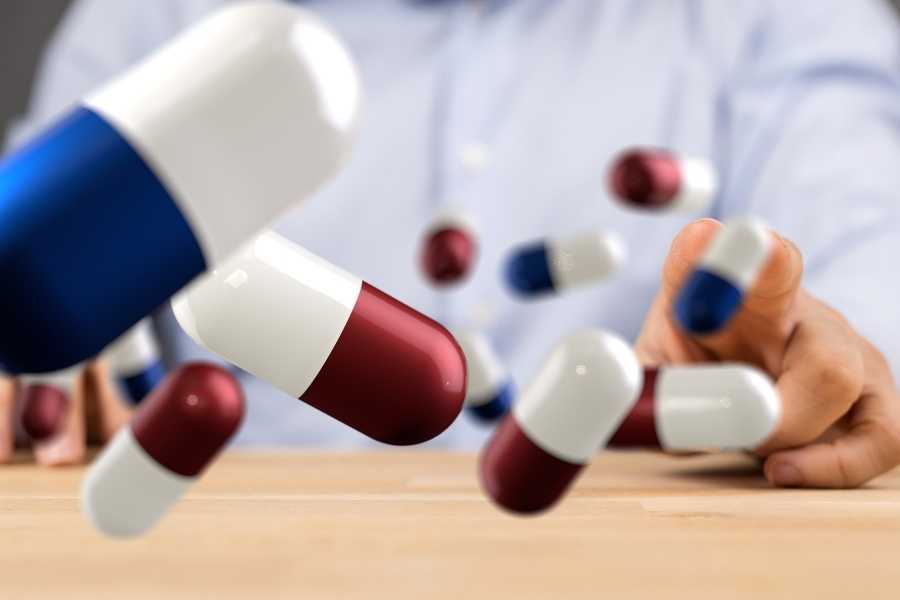
Then, in terms of your health:
- It is vital that you make sure your intended travel vaccines do not interfere with any of your prescription medication – your health provider will most likely check this with you but be mindful that is something to consider.
- Time zones will confuse your normal routine – including when you take your medicine. Talk to your doctor about how to deal with this.
- Ask for an additional dose of medication for emergencies – in case of loss or theft. Or a new prescription form with all the medications you take so you can try and get more if necessary.
While Travelling
- You can legally carry your medication with you on the flight in your carry-on bag. This is advised as it is less likely to be lost or stolen. This includes medicine in liquid form – although only the amount necessary for the duration of the flight.
- Bear in mind that extreme heat can impact the effectiveness of medicine – consider investing in insulated wallets or containers. This also applies to the hold area of planes – which is very cold in winter, very hot in summer – another reason to pack your medication in your carry-on luggage.
- On a similar note, remember that cars can become very hot in the sun – don’t store your medicine in there unless you are sure it will stay cool. Or store it in the boot if you must, where it is less warm.
- Consider setting up a reminder on your phone so you don’t forget to take your medicine. It can be easy to lose track of your normal schedule when you are charging around seeing the sights
- Be wary of fake medication sold in foreign pharmacies. According to a report by Partnership for Safe Medicines, the illegal business of counterfeiting medicines is worth $75 billion.
If this all sounds both overwhelming and rather serious, don’t panic! Just remember how many people cross borders and travel around each day with first-aid kids brimming with medicine. Most have no issues – and you are unlikely to either. Just be mindful of the risks, do your research, take the necessary precautions and you will no doubt return home with both a clean criminal record and a clean bill of health.


